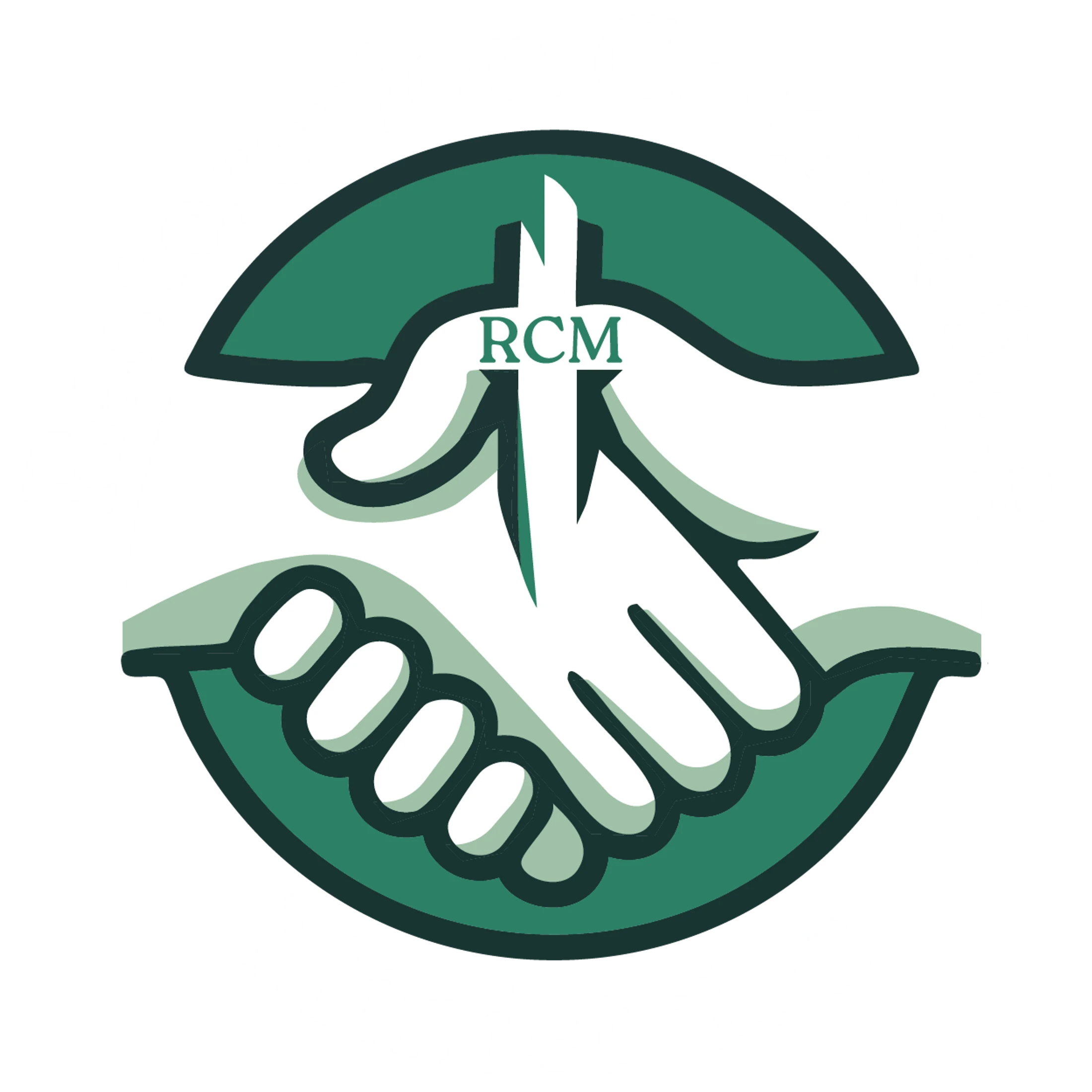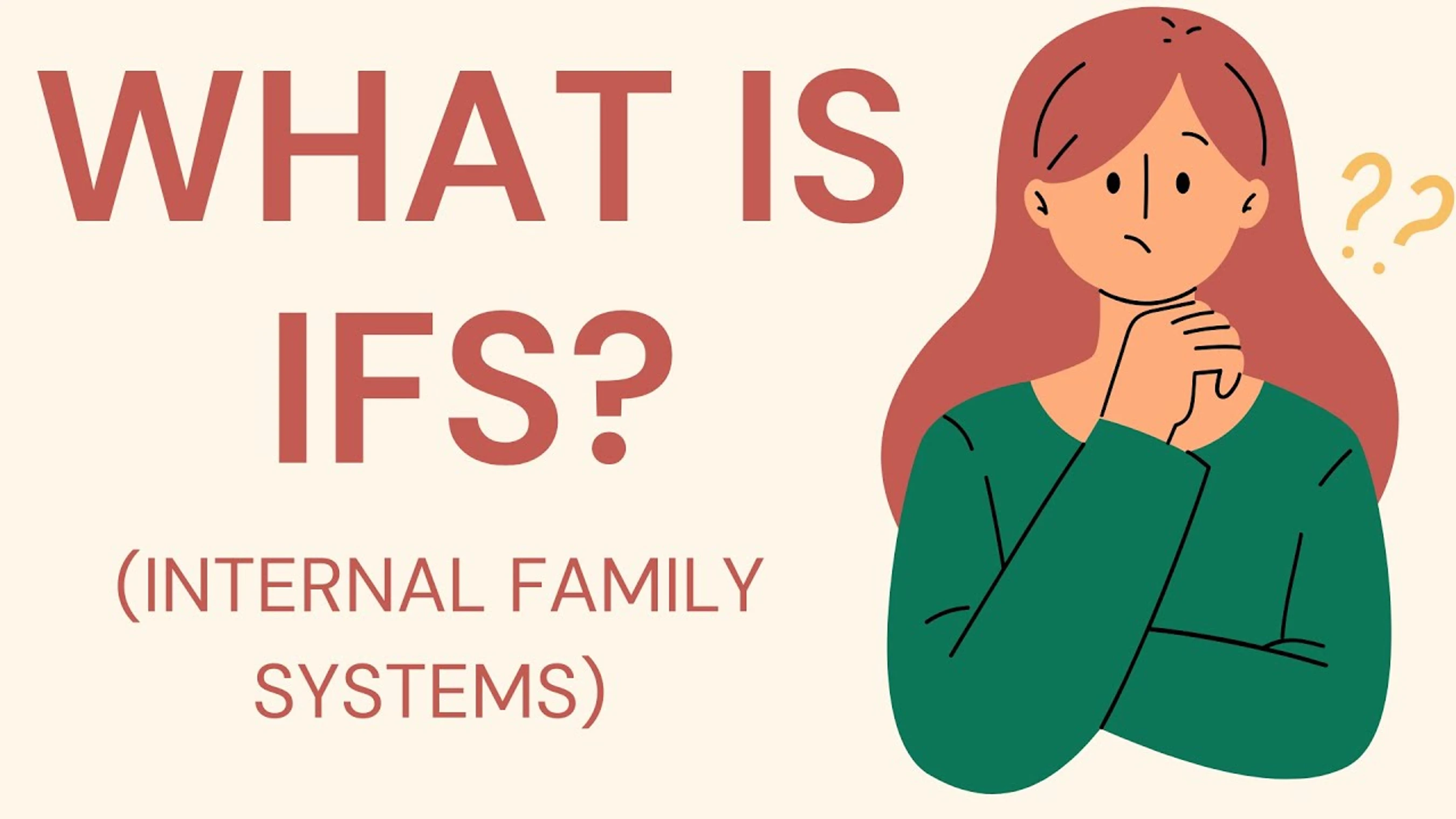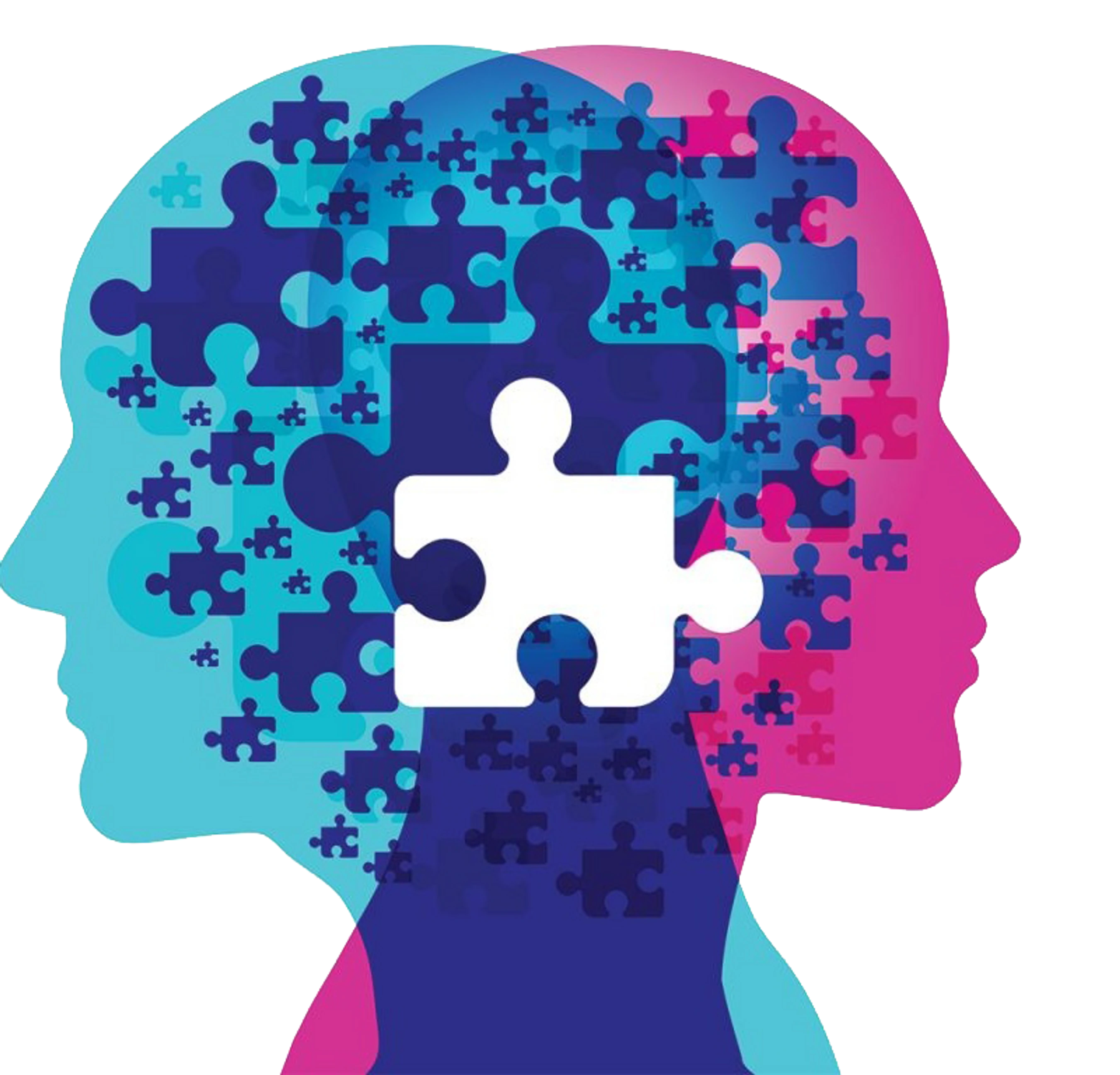Internal Family Systems (IFS)
Internal Family Systems (IFS) is an evidence-based therapy that views the mind as made up of distinct “parts,” each with its own thoughts, feelings, and roles, and helps individuals identify, understand, and heal these inner parts by fostering a compassionate relationship with them, guided by their core “Self”—the calm, confident center of who they are.
Rather than suppressing painful emotions or behaviors, IFS encourages clients to listen to and care for the parts of themselves that carry hurt or shame, promoting emotional resilience, reducing internal conflict, and supporting lasting healing from issues such as trauma, anxiety, and depression.




